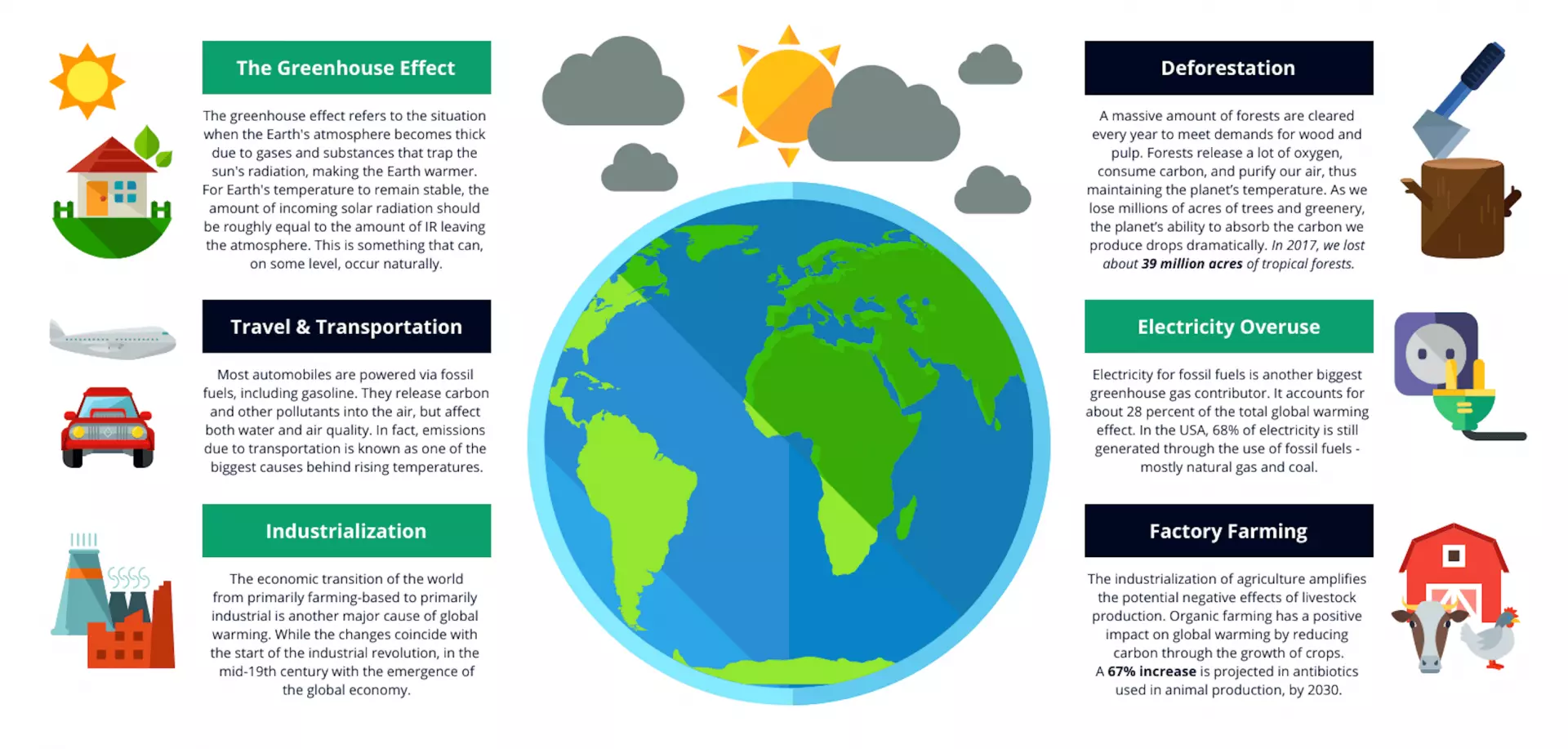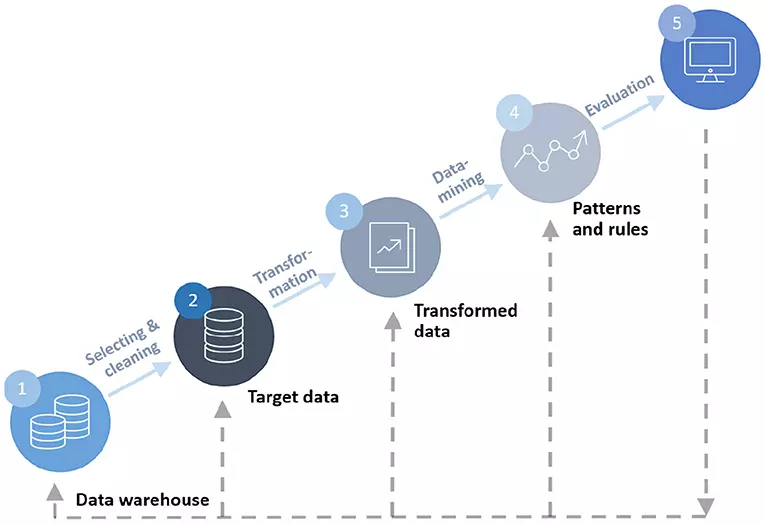Comments
- No comments found

The adverse effects of climate change are well-documented, the current pandemic has shown how vulnerable our world is exposed to global threats.
Organizations should leverage big data to fight climate change in order to promote a more sustainable planet.
Melting glaciers are causing the sea level to rise, most countries are prone to earthquakes, coastal areas are susceptible to tsunamis, global warming is becoming a real problem.
According to Weather Analytics, adverse weather changes affect more than 33% of worldwide GDP, impacting numerous industries.
To handle such issues, there is a growing need for advanced technologies, like big data and predictive analytics, that can forecast any change in the weather conditions, to take over. Such technologies will help experts implement preventive measures based on the predictions made. Here’s how organizations can leverage big data to fight climate change and reduce its adverse effects:

Shared below are a few out of many scenarios that will happen in the absence of big data when there is a sudden change in the climatic conditions.
“More than 1 million species have already faced extinction due to global warming.” And now, human life is in danger. With big data and predictive analysis, experts can strategize to cut down the carbon emissions keeping in mind the current climatic conditions. Big data helps in setting realistic goals. What if the world cuts off the carbon emissions by, let’s say, 3 percent, whereas the current climatic situation demands a cut-off by 6 percent?
Melting glaciers causing a rise in the sea level is another concern that the world is facing. With real-time analytics and big data, the necessary proactive measures can be undertaken and our glaciers can be saved.

Large swarms of data from multiple sources reveal information on issues like an increase in global temperature, emission rate of carbon, and areas prone to natural calamities. Such data can be assimilated and analyzed. The analysis will help reveal the hidden patterns in data, find the correlation between data sets, and offer actionable insights. Examples of real-time analysis platforms that use big data are:
Google Earth Engine - Google Earth Engine is a platform that “stores satellite imagery, organizes it, and makes it available for the first time for global-scale data mining.”
Global Forest Power - Global Forest Power gathers data about forest areas across the world, providing information on the occurrence of forest fires, and deforestation, if any.
Change in climate is scary. We cannot entirely avoid the occurrence of a disaster but we can surely predict its occurrence and take the necessary steps well in time. Predictive analytics and big data can together help fight climate change strongly.
Naveen is the Founder and CEO of Allerin, a software solutions provider that delivers innovative and agile solutions that enable to automate, inspire and impress. He is a seasoned professional with more than 20 years of experience, with extensive experience in customizing open source products for cost optimizations of large scale IT deployment. He is currently working on Internet of Things solutions with Big Data Analytics. Naveen completed his programming qualifications in various Indian institutes.
Leave your comments
Post comment as a guest